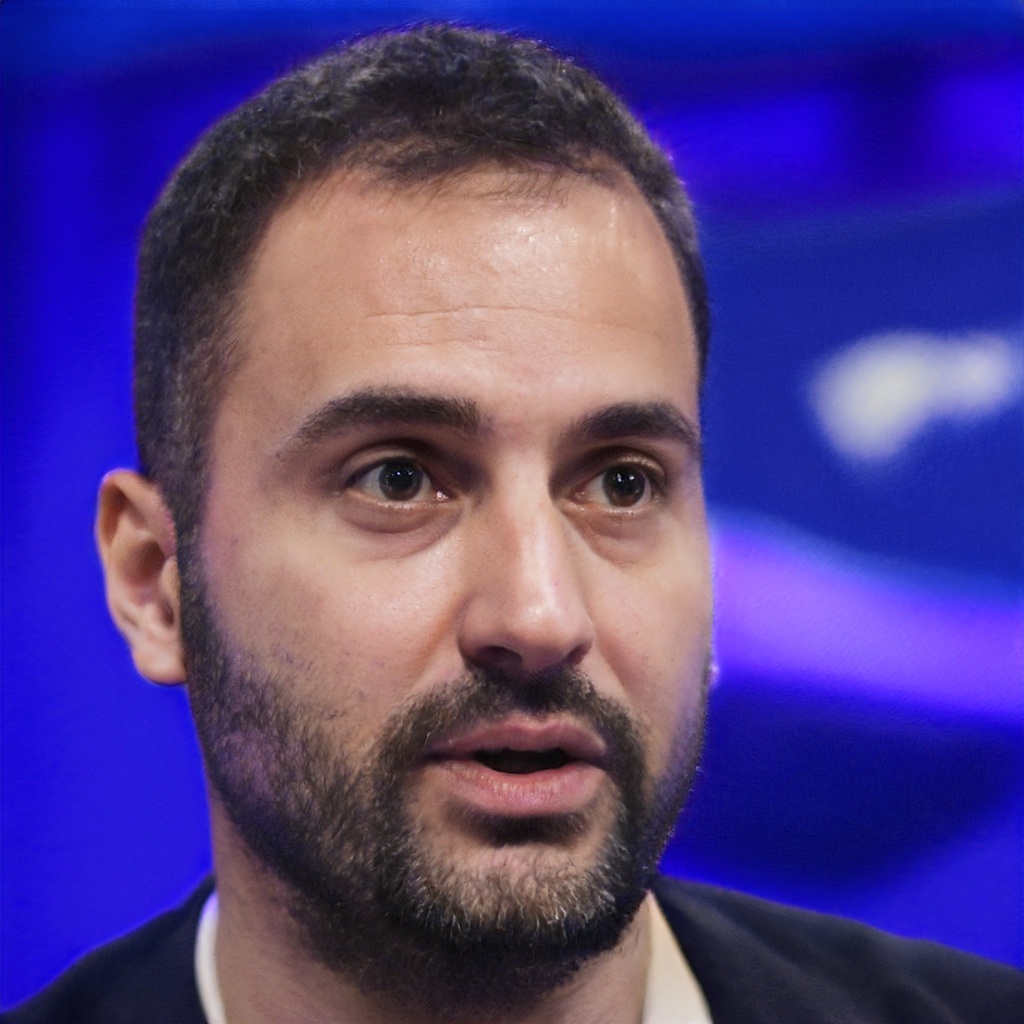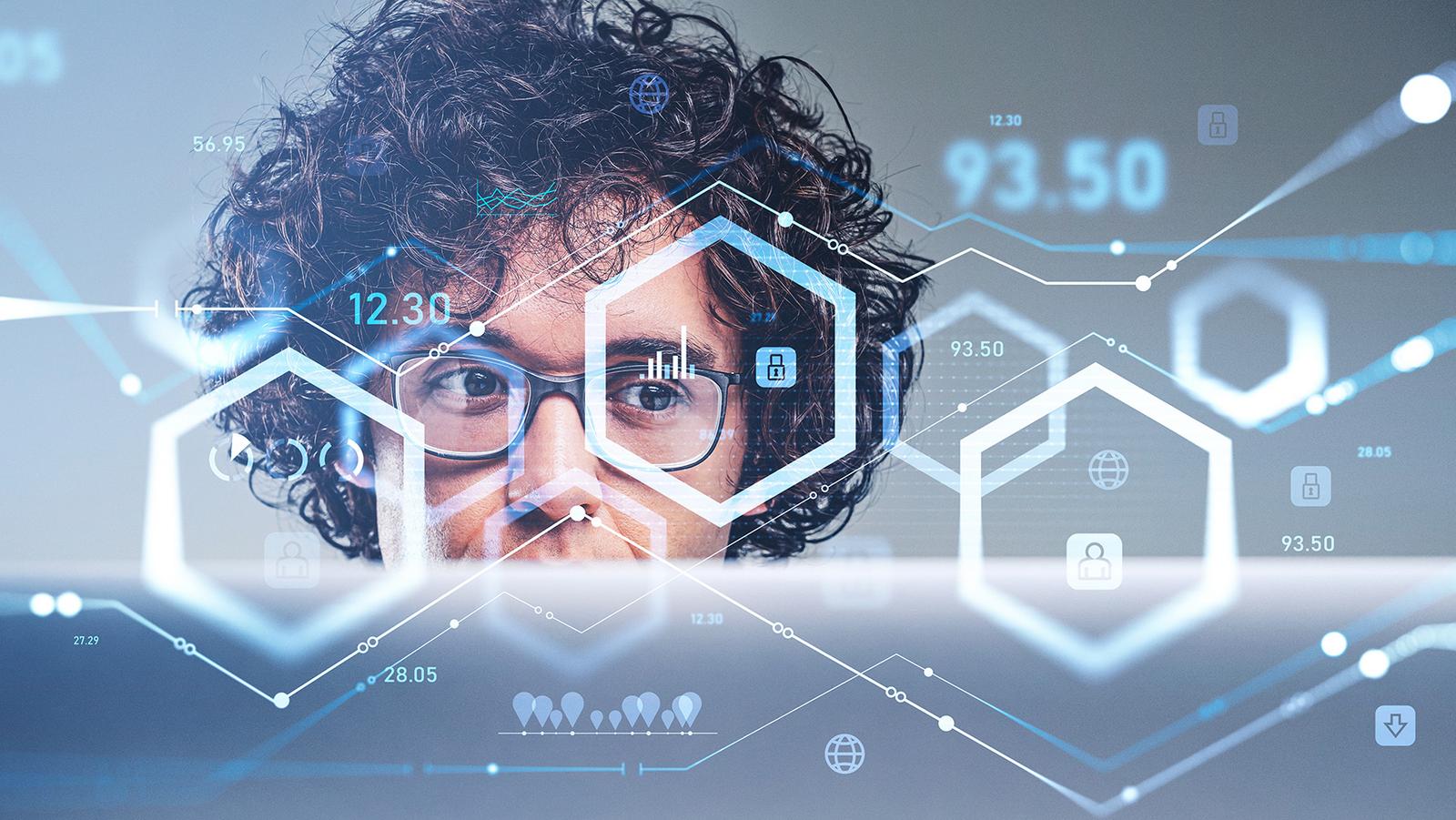Genetic research has made tremendous strides in recent years, driven by rapid technological advancements. However, challenges remain in the secure storage and management of genetic data—an essential aspect of further progress. Blockchain technology is now playing a transformative role in addressing these challenges. In this article, we explore how blockchain is enhancing genetic data security, advancing genome sequencing, supporting personalized medicine, and improving genetic privacy.
Blockchain in Genetic Data Management
One of the core challenges in genetic research is securely storing and managing sensitive genetic data. Blockchain offers a decentralized and tamper-proof ledger that ensures data is stored transparently and accessed only by authorized parties.
Blockchain-based genetic data management platforms are emerging to address these needs. These platforms use blockchain to:
- Store genetic data securely and immutably
- Enable transparent access logs
- Give individuals control over who can access their data and for what purpose
This increased security and user control make blockchain an ideal solution for genetic data storage and sharing.
Enhancing Genome Sequencing and Analysis
Genome sequencing and analysis are foundational to genetic research. Sequencing determines the complete DNA sequence of an organism’s genome, while analysis interprets that data to unlock genetic insights.
Blockchain platforms are being used to create secure data-sharing environments among researchers, allowing them to:
- Access large volumes of genomic data with integrity and traceability
- Collaborate across borders while maintaining data security
- Accelerate breakthroughs through shared access to verified data
By streamlining secure data exchange, blockchain enhances the speed and reliability of genome research and discovery.
Personalized Medicine Powered by Blockchain
Personalized medicine customizes treatments based on an individual’s unique genetic profile. To achieve this, secure access to genetic data is crucial.
Blockchain technology empowers individuals to manage their data through:
- Permission-based access to genetic information
- Transparent sharing with healthcare professionals and researchers
- Confidence in how data is used in treatment plans and clinical trials
Blockchain-based platforms for personalized medicine are already being developed to ensure that patients remain in control of their data while benefiting from tailored healthcare solutions.
Protecting Genetic Privacy with Blockchain
Genetic privacy is a major concern in both research and medicine. Without proper safeguards, sensitive genetic data can be misused or exposed.
Blockchain offers a privacy-first approach by enabling:
- Immutable audit trails of who accessed data and why
- User-defined permissions to protect sensitive information
- Data sharing without compromising personal identity
This empowers individuals with full control and confidence over how their genetic data is handled.
Conclusion
Blockchain technology is redefining how genetic data is stored, shared, and protected. From enhancing research collaboration to enabling personalized medicine and improving privacy, blockchain provides the tools needed to advance genetic science securely. As adoption grows, blockchain will become an essential part of the infrastructure behind the next generation of genetic breakthroughs.


